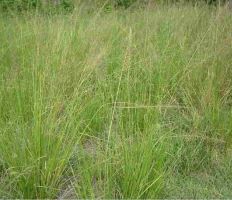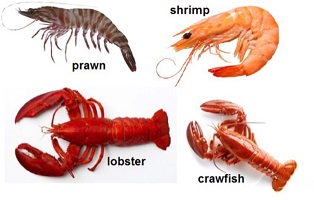Stubborn Grass Health Benefits
Stubborn Grass Health Benefits
“Stubborn grass” can refer to several resilient grass species, but one notable example is Bermuda grass (Cynodon dactylon). Bermuda grass is often termed “stubborn” due to its hardy nature and ability to thrive in difficult conditions.

Here are some potential health benefits and uses associated with Bermuda grass and similar resilient grasses:
The botanical name for what is commonly referred to as “stubborn grass” in this context is Eleusine indica, also known as goosegrass or yard-grass. This species is known for its resilience and ability to thrive in difficult conditions. Several bioactive compounds have been identified in Eleusine indica, which contribute to its various uses and potential health benefits.
Table of Contents
Stubborn Grass Health Benefits compounds include:
Phenols: are known for their antioxidant properties.
Anthrones: are organic compounds with potential laxative effects.
Coumarins are Known for their anti-inflammatory and anticoagulant properties.
Essential Oils: Often used for their aromatic and therapeutic properties.
Triterpenes: Compounds that may have anti-inflammatory and anti-cancer properties.
Steroids: are organic compounds with various biological effects, including anti-inflammatory properties.
Fatty Acids: are essential for numerous bodily functions and overall health.
Anthraquinones: are compounds with potential laxative and antimicrobial properties.
Tannins: are known for their astringent properties and potential benefits in treating diarrhea and other gastrointestinal issues.
Flavonoids: are antioxidants that can help reduce inflammation and support the immune system.
Alkaloids: are compounds that can have a wide range of pharmacological effects, including pain relief and anti-microbial properties.
The botanical identification of Eleusine indica was confirmed using The Plant List database (theplantlist.org), ensuring its accurate classification and understanding of its chemical profile.
Health Benefits
Nutritional Value
Rich in Chlorophyll
Like many green plants, Bermuda grass is rich in chlorophyll, which has detoxifying properties and helps oxygenate the blood.
Vitamins and Minerals
It contains essential vitamins such as A, B, and C, and minerals like calcium, phosphorus, and potassium, contributing to overall health and well-being.
Digestive Health
Fiber Content
Bermuda grass is high in dietary fiber, which aids in digestion and helps maintain a healthy digestive system.
Alleviates Constipation
Due to its fibrous nature, it can help alleviate constipation and promote regular bowel movements.
Antioxidant Properties
Free Radical Scavenging
The antioxidants present in Bermuda grass can help combat oxidative stress by neutralizing free radicals, potentially reducing the risk of chronic diseases.
Anti-Inflammatory Effects
Soothing Properties
Some studies suggest that Bermuda grass has anti-inflammatory properties, which can help reduce inflammation and related conditions.
Traditional Uses
Juice and Extracts
Bermuda grass juice is often used in traditional medicine to treat various ailments, such as respiratory issues, skin problems, and infections.
Topical Applications
Poultices made from grass can be applied to wounds, cuts, and burns to promote healing and reduce inflammation.
Ayurvedic Medicine
Holistic Uses
In Ayurveda, Bermuda grass is known as “Durva” and is used in numerous remedies for its purifying and therapeutic properties. It’s believed to balance the body’s doshas (Vata, Pitta, and Kapha).
Environmental Benefits
Soil Erosion Prevention
Root System
Bermuda grass has a robust root system that helps prevent soil erosion, thereby contributing to better soil health.
Air Purification
Carbon Sequestration
Like other grasses, Bermuda grass absorbs carbon dioxide and releases oxygen, helping to purify the air and mitigate the effects of climate change.
Culinary Uses
Edible Applications
Smoothies and Juices
Fresh Bermuda grass can be juiced and added to smoothies for a nutritional boost.
Salads and Garnishes
Young shoots of the grass can be used in salads or as a garnish for their fresh flavor and nutritional benefits.
While Bermuda grass and other “stubborn” grasses offer various health and environmental benefits, it’s important to consult with a healthcare professional before using them for medicinal purposes, as individual reactions and health conditions can vary.



